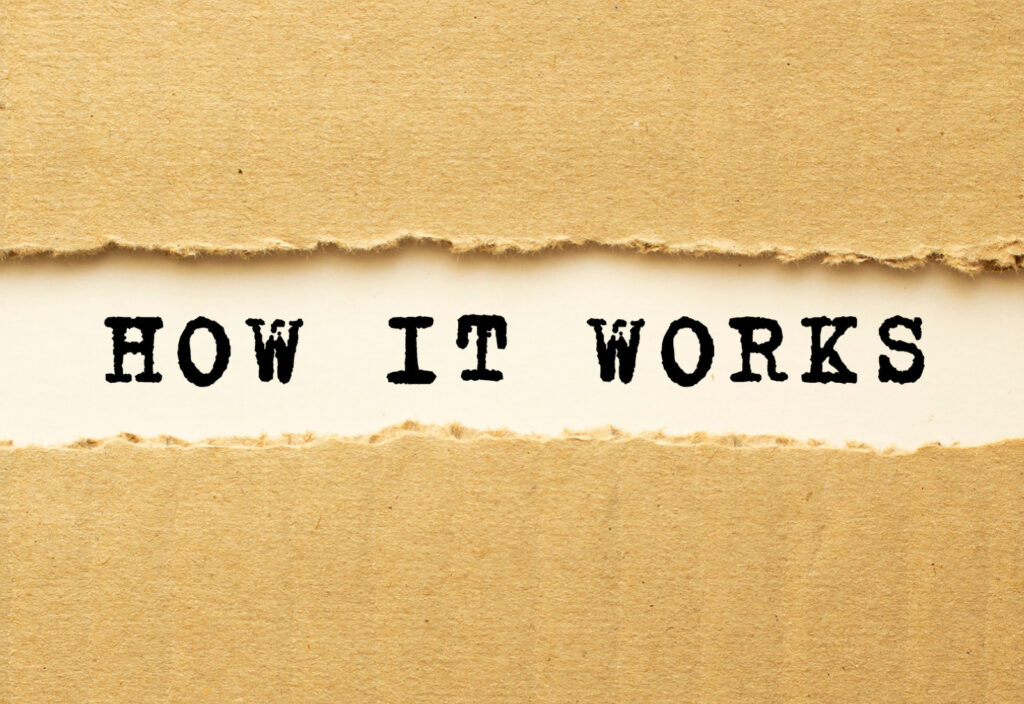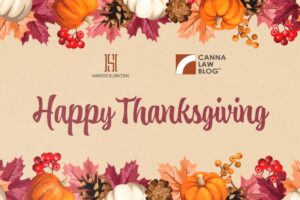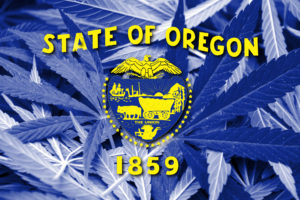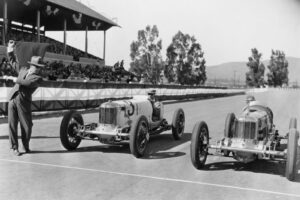The creation of New York’s conditional adult-use retail dispensary license has made headlines. Although New York plans to issue only 50-100 of this new license type, the license type and its underlying rules and regulations is incredibly significant. Why?
First, because the OCM and CCB have issued actual rules and regulations that will apply to a specific license type. The rules and regulations are comprehensive and provide a clear template for rules and regulations for the other license types included in the MRTA. The promulgation of conditional adult-use retail dispensary rules and regulations are a clear indicator that all of the other adult-use rules and regulations are coming soon.
Second, these rules and regulations provide a roadmap for New York’s social equity program, particularly with respect to retail dispensary licenses. Many of the rules and regulations track the Social Equity Fund that we recently wrote about, again highlighting that the CCB and OCM are actively coordinating the interplay between the various aspects of the adult-use cannabis program.
The CCB and OCM made several comments in releasing the rules and regulations. Notably, after an applicant has met the minimum requirements, applications will be scored according to three criteria: (i) whether the applicant themselves or a family member was convicted of a marijuana conviction (more details below); (ii) where the arrest or conviction took place (also more details below); and (iii) how the applicant has operated its businesses in the past (still more details below).
But enough of about the big picture. With any rules and regulations, the devil is in the details and there are a lot of details to unpack here.
Who is eligible for a conditional adult-use retail dispensary license?
Eligibility generally falls into two buckets: (i) individuals or entities in which the ownership is comprised of at least one individual who was convicted of or related to an individual who was convicted of a marijuana-related offense prior to the enactment of the MRTA; and (ii) nonprofit organizations that intentionally serve justice involved individuals and communities with historically high rates law enforcement activity for marijuana-related offenses.
All applicants are required to demonstrate a significant presence in New York, either individually or by having a principal corporate location in New York. For entities, the New York “presence” requirement can be met by a majority ownership interest in the entity being held by individuals who are physically present in New York for at least 180 calendar days in the current year or 540 calendar days over the past three years.
For individuals/for-profit entities there are a few really interesting requirements:
- the justice involved individual must demonstrate that residence in New York at the time of the qualifying conviction(s);
- qualifying individual must have or had (for at least two years) at least 10% ownership interest in a business that had net profit for at least two of the years the business was in operation;
- for an entity to qualify, at least 51% of the entity’s ownership must be owned, in the aggregate, for qualifying individuals and/or entities; OR at last 30% of the entity’s ownership must be owned by a qualifying individual or entity, if the individual or entity has “sole control of the applicant or licensee.”
For nonprofit entities, there are also some interesting requirements:
- the social enterprise operated by the applicant must have had at least two years of positive net assets or profit (based on tax returns);
- the applicant has to demonstrate a history of creating vocational opportunities for justice involved individuals;
- the applicant’s board or officers must include justice involved individuals; and
- the applicant must have at least five full time employees.
How are applicants evaluated for the conditional adult-use retail dispensary license?
The rules and regulations include separate evaluation factors (which are separate from the application requirements). Some key evaluation factors:
- if the qualifying individual(s) was his/her/their-self convicted of a marijuana-related offense;
- if the qualifying individual resided in New York: relative to areas with historically high rates of arrest, conviction, or incarceration for marijuana-related offenses; relative to areas with historically low median income; or, was provided by a public housing authority of New York City or State;
- for businesses:
- the number of employees;
- the number of years the business has been in operation;
- the profitability of the business;
- whether the business was engaged in retails or sold products direct to the end-consumer;
- whether the business had a physical location; or
- whether the business received or resolves state or federal fines, violations, etc.
On balance, it is pretty clear what the CCB and OCM are trying to do: emphasize awarding licenses to New Yorkers who were justice involved (from a cannabis perspective) and who have a track record of running successful and compliant businesses.
What gets my application denied for a conditional adult-use retail dispensary license?
Assuming you meet all of the eligibility criteria, what gets your application denied? There are some specific no-no’s and some more malleable prohibitions. The specifics:
- inconsistent information on an application;
- failing to timely submit a complete applications, including fingerprints;
- having a cannabis license cancelled, revoked, or suspended in another state or jurisdiction;
- is forbidden to traffic cannabis as per Section 137 of the MRTA (the MRTA’s general prohibitions);
- failing to timely file tax returns or pay taxes; or
- causing a violation of Sections 72 or 85 of the MRTA (the adult-use dispensary rules).
The “fuzzier” grounds for disqualification:
- the applicant has demonstrated prior business practices/arrangements that may not comply with state and local laws incidental to the cannabis industry;
- creates or enhances dangers of unlawful practices in the cannabis industry (with an emphasis on product inversion or diversion); or
- is not a person of good moral character.
What is the application process?
The application process for this license is going to be rigorous. There will be a $2,000 application fee and the rules and regulations contain 34 specific categories of information each applicant will have to provide (plus the standard catchall of “any additional information” requested by the OCM). Once the rules and regulations go through the public comment period and are finalized, application forms will be posted on the OCM’s website. If there are any deficiencies in the application, applicants will have 30 calendar days from the receipt of a deficiency notice to resubmit a complete application.
A few of the required categories of information that caught our eye:
- a personal history disclosure for the applicant/each true party of interest in the applicant;
- the percentage ownership of each true party of interest and any other interests held in the applicant;
- a list of all parent companies, subsidiaries, affiliates, successors, and predecessors (basically every level/affiliate of the organizational structure);
- the name of every financial institution in which the applicant and each true party of interest that has or has had a personal business account that was used to financially support the business in the last 3 years;
- an org chart that incudes position description and the names and resumes of persons holding each position, plus any other information related to experience requested by the OCM;
- copies or written descriptions of all compensation agreements between or among the applicant and each true party of interest (or groups of third parties of interest);
- audited financial statements for the year ending one year prior to the date the application submitted;
- all sources of funding used to acquire, start, or develop the business for which the license is sought;
- if the applicant or any true parties of interest are currently or have previously been licensed or authorized to participate in the cannabis industry in another jurisdiction, a list of information and authorizations related to such licensure/authorization;
- a list of any charitable contributions by the applicant in the last five years;
- a list of stocks, mutual funds, or bunds held by the applicant; and
- documentation acceptable to the OCM that the applicant will be able to obtain insurance sufficient to indemnify and hold harmless the state and its officers and employees.
Can conditional licensees apply for a “full” retail dispensary license?
Yes! The conditional license has a four year term. Licensee can apply for a non-conditional license 120 calendar days prior to the expiration of the four year conditional period. Generally speaking, the OCM will consider the licensee’s history of compliance and service to the community in which it is located as part of evaluating the transition application.
A few reminders. These are the proposed rules and regulations, which remain subject to public comment and final issuance. This post is only an overview of the rules and regulation. As public comments are received and more information is released in terms of the practical application process (i.e. timing), we will be here providing information on all developments. Stay tuned!
























